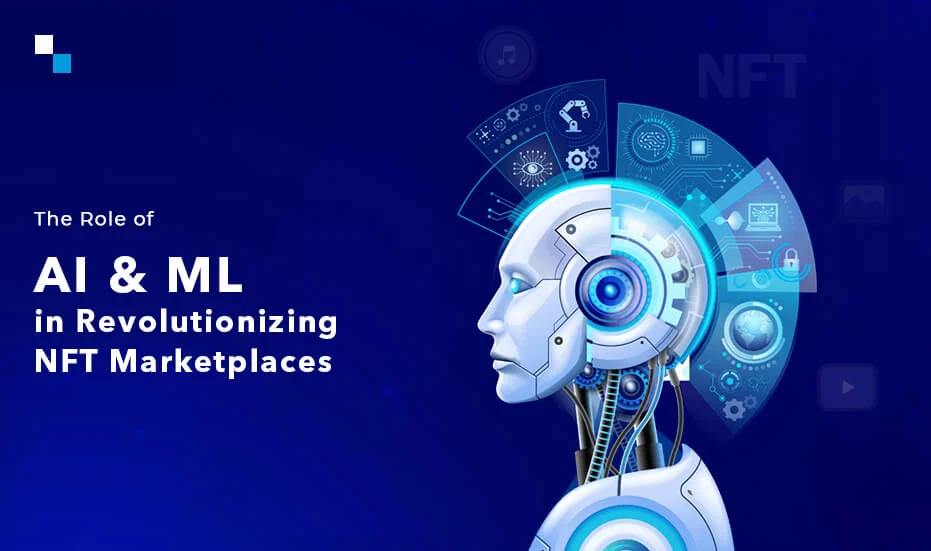The dynamic realm of Information Technology (IT), and staying ahead of the curve is imperative for organizations striving to provide efficient and effective support services. the coming and arising advances, like Man-made reasoning (simulated intelligence), Computerization, the AI (ML), have introduced another time of IT support. explore how these groundbreaking technologies are revolutionizing IT support, enhancing efficiency, and transforming the user experience.
Artificial Intelligence (AI) in IT Support
Description: AI is a game-changer in IT support, offering intelligent solutions that go beyond traditional troubleshooting. Chatbots, powered by AI, provide instant responses to user queries, offering quick issue resolution. Machine learning algorithms analyze historical data to predict and prevent potential IT issues before they escalate. Virtual assistants leverage natural language processing to understand and respond to user requests, creating a seamless and responsive support experience.
Automation: Streamlining Routine Tasks
Description: Automation in IT support is eliminating the drudgery of repetitive tasks. Routine activities like system updates, patch management, and ticket routing are automated, freeing up human resources for more strategic initiatives. Automated workflows ensure swift incident response, reducing resolution times. Intelligent automation tools can also categorize and prioritize support tickets, ensuring that critical issues are addressed promptly.
Machine Learning for Predictive Analytics
Description: Machine Learning algorithms analyze vast datasets to identify patterns and trends, enabling predictive analytics in IT support. By recognizing recurring issues, ML can predict potential system failures, allowing proactive intervention. This predictive approach minimizes downtime, enhances system reliability, and optimizes IT support resources. ML-driven insights also contribute to informed decision-making for IT infrastructure enhancements.
Enhanced Security with AI
Description: AI is a key player in bolstering IT security. Machine learning algorithms can detect anomalies in user behavior, identifying potential security threats. AI-driven threat detection systems analyze patterns in real-time, providing a proactive defense against cyber threats. Additionally, AI enhances user authentication processes, ensuring secure access to IT resources. This proactive security approach is crucial in today’s evolving threat landscape.
Personalized User Experiences
Description: AI and ML contribute to personalized user experiences in IT support. These technewztop analyze user preferences, behavior, and historical interactions to tailor support services. From personalized responses to predictive issue resolution, users receive a customized and efficient support experience. This not only boosts user satisfaction but also fosters a positive perception of IT support within the organization.
Efficient Resource Allocation
Description: AI-driven analytics optimize resource allocation in IT support. By analyzing workload patterns, system performance, and historical data, AI can recommend efficient resource distribution. This ensures that IT teams are adequately staffed to handle peak support hours and allows for strategic resource planning. Efficient resource allocation leads to improved response times and enhanced overall support service quality.
Continuous Learning and Adaptation
Description: Machine Learning models in IT support continuously learn and adapt. They evolve based on new data, user interactions, and system changes. This adaptability is invaluable in the ever-changing landscape of IT. Machine learning algorithms can update themselves to stay relevant, ensuring that IT support remains agile and responsive to evolving technologies and user needs.
Conclusion
These technologies not only streamline support processes but also elevate the overall user experience. From predictive issue resolution to personalized interactions, the impact of these emerging technologies is profound. As organizations embrace these innovations, they position themselves to deliver proactive, efficient, and user-centric IT support in an increasingly complex digital landscape.

